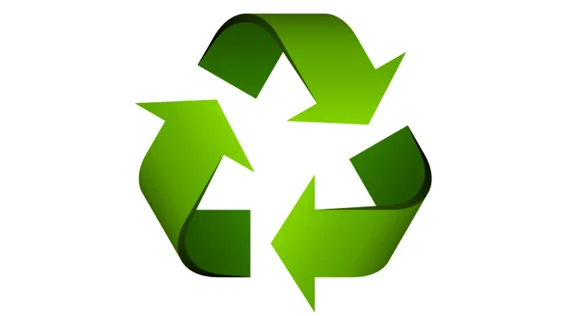
SEATTLE (Waste Advantage): Businesses that produce at least four cubic yards of food and yard waste per week will soon need to divert these materials from curbside garbage bins and into curbside organics bins. Starting Jan. 1, 2025, Washington’s Organics Management Law requires businesses located within a designated business organics management area (BOMA) to comply with the law by signing up for curbside organics collection service.
They encourage businesses to call their current garbage and recycling service providers and ask about curbside organics collection, or visit their city or county website for information about service options. The business collection requirements began on Jan. 1, 2024, for companies producing at least 8 cubic yards of food and yard waste. The number of businesses required to manage their organic waste through a means other than landfilling is projected to increase each year as the law is gradually implemented.
When the law is fully implemented in 2026, the minimum threshold trigger requiring businesses producing food, yard, or woody waste in designated areas drops to 96 gallons per week.
A business needs to meet two conditions to be required to comply with the law:
Some businesses are exempt from subscribing to curbside organics collection service and may not need to comply with the business collection requirements. For example, a business that makes organic waste from growing food or fiber crops can use that waste to grow more food or fiber.
Other conditions that could lead to an exemption include:
Businesses that throw away organic materials such as food and yard waste may not know the impact of that decision on our environment. Organic materials create methane when they break down in an environment without oxygen, such as a landfill. Methane is a greenhouse gas that is eighty times more potent than carbon dioxide in the short term, accelerating the impacts of climate change.
Businesses are part of Washington’s circular economy and have an opportunity to build healthy soils by composting food and yard waste. Food and yard waste contain valuable nutrients that can be recycled into compost and returned to the land.
Local jurisdictions that work with businesses should review our business organics management toolkit. These outreach materials were created to help businesses understand why they are required to subscribe to curbside organics collection service and can help local governments with their business education.
They will continue to develop resources and invite feedback and questions throughout 2025.
Courtesy: www.wasteadvantagemag.com



| Copper Scrap View All | |
| Alternator | 0.39 (0) |
| #1 Copper Bare Bright | 4.03 (0) |
| Aluminum Scrap View All | |
| 356 Aluminum Wheels (Clean) | 0.76 (0.01) |
| 6061 Extrusions | 0.66 (0.01) |
| Steel Scrap View All | |
| #1 Bundle | 360.00 (0) |
| #1 Busheling | 380.00 (0) |
| Electronics Scrap View All | |